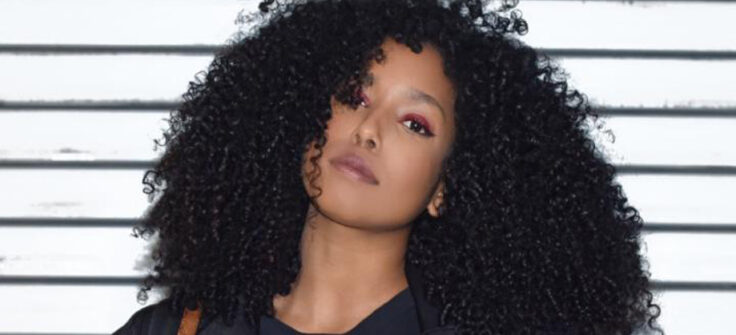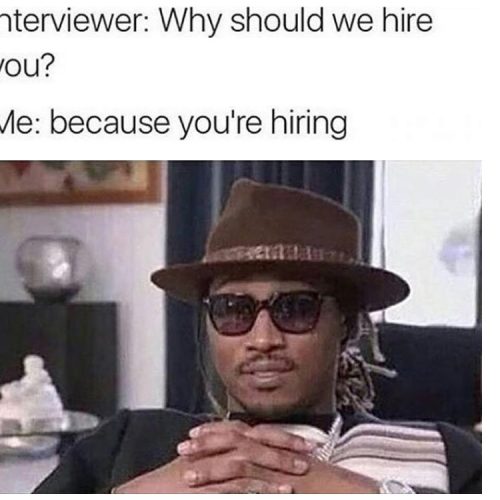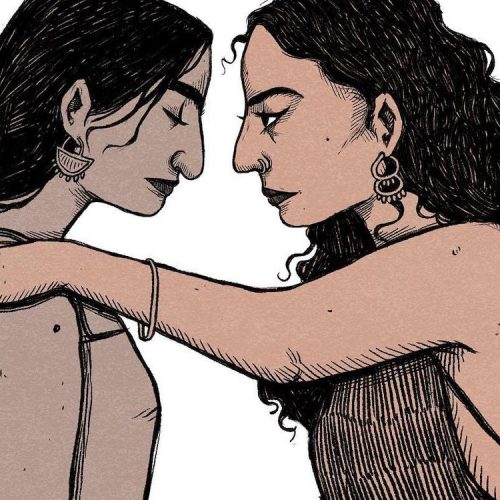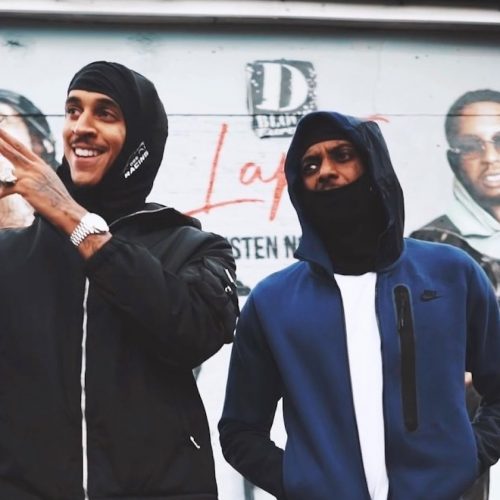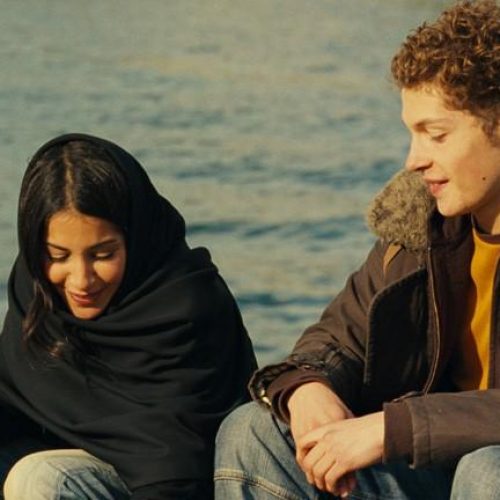A quick Google search can reveal a lot about our region. In just a few clicks, you’ll find countless magazine articles that encourage skin lightening treatments, YouTube videos depicting black Arabs as lazy, and thousands of tweets denouncing Miss Algeria for her dark complexion.
Yet despite the overwhelming evidence, the Arab world has long-turned a blind eye to the region’s blatant racism. Our society has managed to simultaneously discriminate towards black Arabs whilst erasing their very existence.
Racism has taken the same shape practically everywhere in the world where blackness wasn’t represented as the majority. The same happened in America before the civil rights movement took place in the sixties. Six decades later, black Americans continue to struggle every day to find their rightful place within their society.
With no such movement ever having taken place, it’s safe to say our region has stupendously fallen short in recognizing racism as a threat to society. For black Arabs, racism is truly alive and well.
To get an idea of what it’s like for black Arabs navigate our society in its current state, we caught up with three of our readers for their perspective.
What are some ways your blackness has defined your identity?
Ahmed, 27, Sudanese: I never really thought of myself as an Arab, at least as an adult I have always believed that a real Arab is limited to those whose who have lived through generations in the Arabian Peninsula. However, I never felt as a stranger amongst Arabs and that’s most likely because of our shared customs, faith and language. I have always felt kinship with the people I grew up with but still, I always thought of myself as just Sudanese.
Khaled, 31, Egyptian: Ethnically I’m Nubian. Arabic was my first language and Arab culture as well as my parents’. Nubian culture surrounded me growing up. My blackness forced me to question what it actually means to be an Arab, because I apparently didn’t look like the stereotypical Arab. But there are many different ways of looking at it, and I subscribe to the idea that being Arab, on top of being an ethnicity, can be culture too.
Fatma, 25, Omani: Throughout my upbringing, we were told that we were not the ideal type of Arab. There was a certain standard you had to reach to be accepted as one of the “pure ones”. My darker skin tone and the curls in my hair however, were not up to par. Eventually, social media came up, and stigmas changed. All of a sudden it was cool to be black, and I think we needed that win. We’ve been winning since.
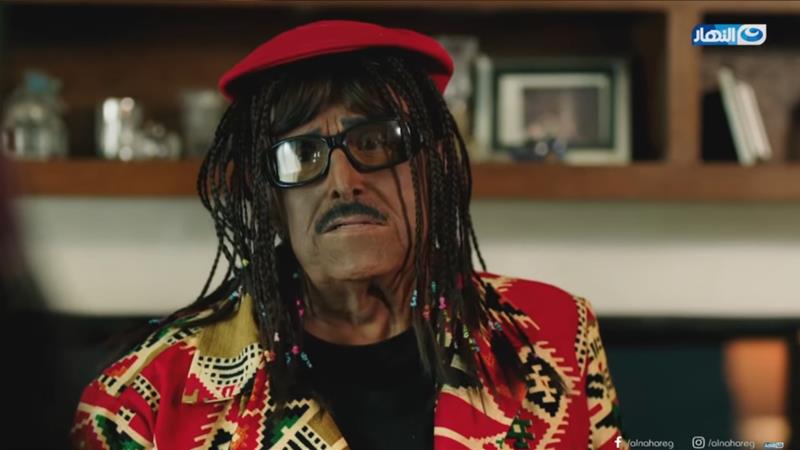
Does your blackness ever clash with your Arab identity?
Ahmed: I think being black clashes with any secondary category you ascribe to. You will always be black first and whatever second.
Khaled: At this moment there is no clash between me identifying as both black and Arab, because I’ve come to understand that one doesn’t negate the other.
Fatma: My blackness and my Arab identity are fused into one culture, which in my case is known as “Zanzi Omani”.
Can you recall any defining incidents that made you question yourself and your place within the Arab world?
Ahmed: I never had a moment of “clashing” per say, but I could always sense that people from certain countries, particularly those from the Levant, have no understanding of what black people are like. As for the Gulf, I never felt anything from people from there. They were always polite.
Khaled: I wouldn’t say there were any specific instances of internal discord in the past, but more of a gradual change. The confusion I had growing up was due to others, with both Arabs and non-Arabs telling me I wasn’t really Arab. This was obviously baffling as my mother tongue was Arabic, my name is Arabic and whenever I came home my parents would speak to me in Arabic with Arabic TV playing in the background. But looking back, I noticed that I’d sway towards my black identity and was reading more about Nubia. I immersed myself in all types of black culture and literature whilst ignoring a lot of modern Arab culture. My heroes were people like Patrice Lumumba or Malcolm X. I couldn’t care less about what was going on in the Arab world.
Fatma: My whole life was full of incidents from non-black Arabs. I grew up going to a school with non-black Arabs, black Arabs, and international kids. I was bullied all throughout middle school for my blackness. I was described as “not a real Omani”, teased for my curls, and even told I would go to hell.
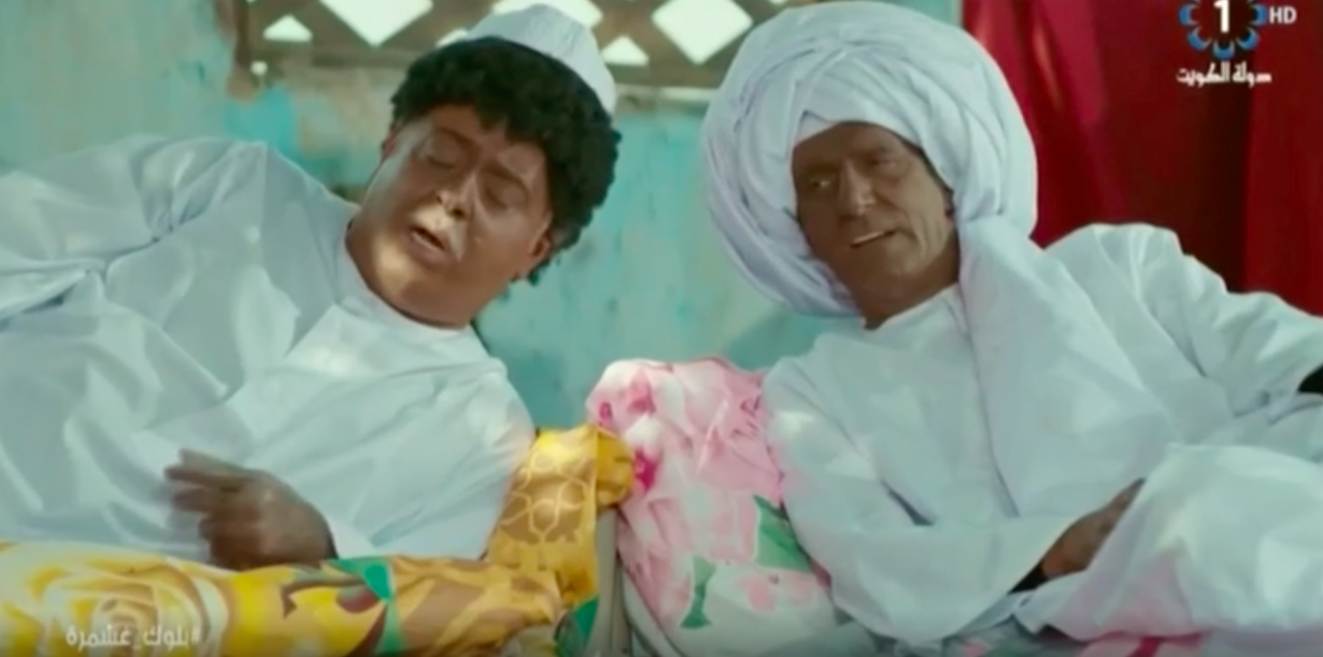
Have you faced any direct racist remarks from non-black Arabs?
Ahmed: To speak honestly, I have not experienced injustice due to racism, except from friends. Like their parents asking ridiculous questions like “have you seen giraffes?” and dumb stuff like that. Nothing major, though.
Khaled: When it comes to racism, I’ve seen it all. From the ‘friendly jokes’, the constant questioning of where I’m from and where my parents are from, to hearing black people being referred to as slaves, all the way to straight up racial profiling. You can still turn to some Arab TV channels nowadays and see how people with dark skin are stereotyped on TV shows and films.
Fatma: Zanzi Omani’s were always looked at as “less than”, therefore if you were one, you were immediately uncool. This type of racism doesn’t grow from poor innocent kids, even though they are the ones carrying the message, no child grows up with hate in their heart. The type of racism we have has been passed down to us. Kids repeat what they see, and the only way it can stop, is if the generation that brought them into the world doesn’t plant the seed of segregation in their minds.
When you’re profiled or segregated from your identity, how does it make you feel?
Ahmed: I honestly just think the concept of what an Arab is, like all identities, needs to be fluid. I believe that the idea of pan Arabism was great, because it brought a large number of different nations together, but it’s a concept that needs to redefined to include all our differences.
Khaled: It used to make me feel terrible to be honest. Of course, it was sometimes hurtful, but what’s worse is that it would constantly make you feel like ‘the other’, as if you had no place to call yours. It’s not like that now for me fortunately, I still find it annoying when I hear or see things that are out of line but luckily, I’m able to define myself without looking for permission.
Fatma: I feel the responsibility to make sure the cycle of self-hate ends.





